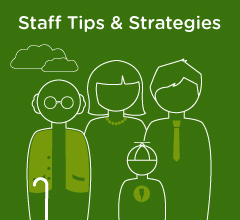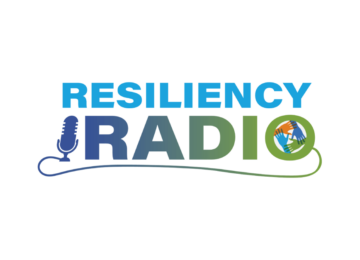Helping Yourself and Your Loved Ones: The Basics about Depression and Seniors

Author:
If you or someone you care about has been feeling down for weeks, gaining or losing weight, struggling to concentrate and perhaps growing uninterested in once enjoyable activities, the cause may be depression. Depression is more than just temporary sadness or the blues. It is a serious, yet medically treatable illness. By understanding depression, its symptoms and its treatments, you can take important steps toward protecting your health.
Depression is not a natural part of growing older, but it does affect approximately 15 out of every 100 adults over age 65 in the United States, according to the American Association for Geriatric Psychiatry. Reasons seniors may be more likely to experience depression are significant life changes such as loss of a loved one, medical illnesses that affect you or someone close to you, genetics, and natural bio-chemical changes in the brain and body.
What is Depression?
The Mayo Clinic’s website defines depression as “a medical illness that involves the mind and body,” affecting how people feel, think and act. It notes that depression can cause a person to have trouble doing normal day-to-day activities and may lead to feelings of disillusionment with life.
Symptoms of depression may include:
- Persistent sadness for two weeks or more, even if the sadness has no apparent cause
- Feeling slowed down and lethargic
- Excessive concern about finances and health problems
- Physical symptoms such as pain or gastrointestinal problems
Depression in men and women can be somewhat different. Rates of depression tend to be higher in women, who usually exhibit more symptoms than men. Among women, depression is often associated with a family history of psychiatric disorders or a pattern of moods that change with the seasons. The condition in men is more often linked to older age, substance abuse and other psychological illness occurring in the same patient in the present or past. Stressful events often trigger depression in both sexes.
Because depression is not always easy to spot, a person with possible symptoms should see a doctor for a medical exam. If the doctor diagnoses depression, promptly taking effective treatment that combines medication and professional counseling is essential. The longer depression is left untreated, the harder it becomes to manage.
Acknowledging and seeking treatment for depression can be hard to do. JSSA’s Senior Services Department’s team of experienced compassionate clinicians is ready to assist you and your family in coping with the effects of depression.



